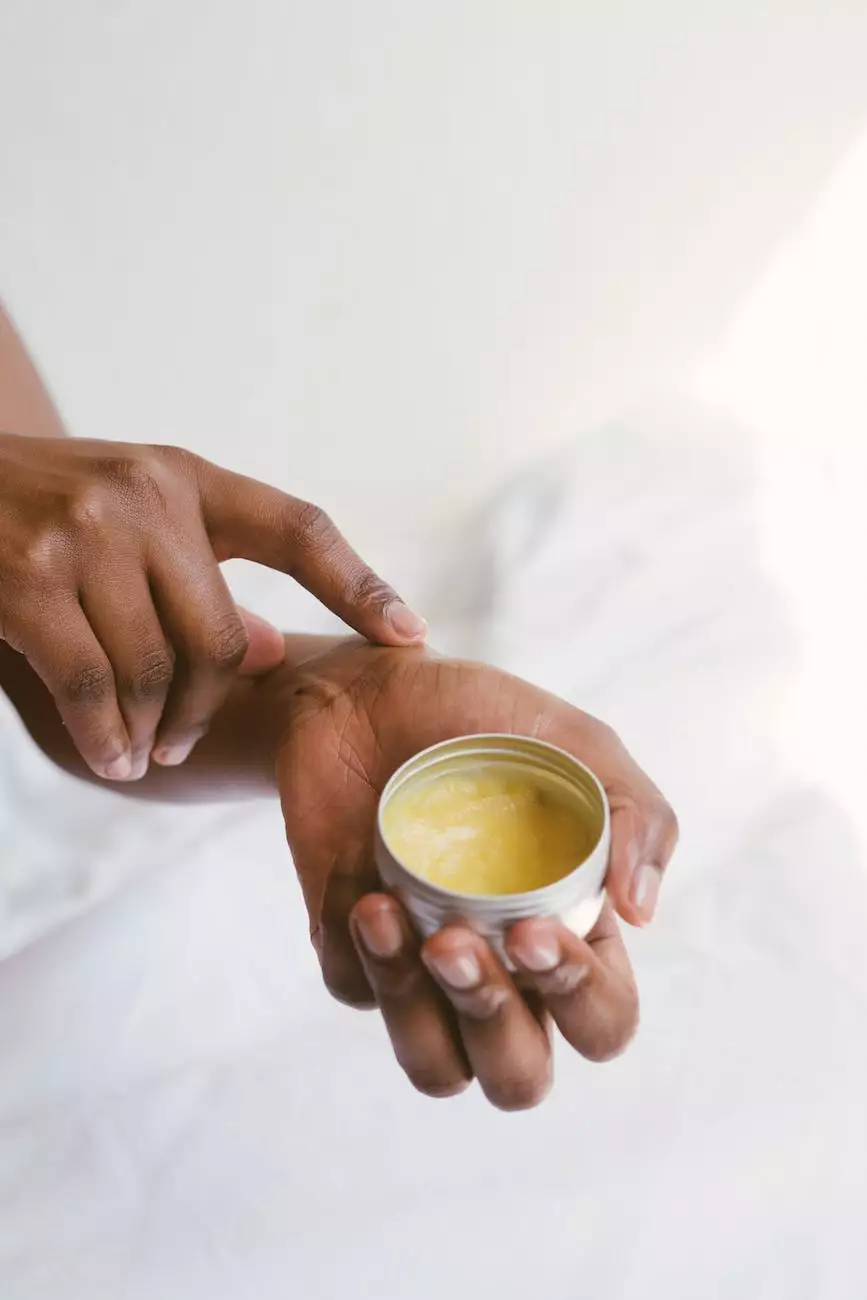Q&A with Dr. Monica Federoff - Medications & Other Treatments of ADHD

Introduction
Welcome to Cynthia Cunningham, MFT's informative Q&A session with Dr. Monica Federoff. This session focuses primarily on medications and other treatment options available for individuals with Attention Deficit Hyperactivity Disorder (ADHD).
About Dr. Monica Federoff
Dr. Monica Federoff is a renowned psychiatrist specializing in the treatment of ADHD. With over 20 years of experience in the field, she has helped numerous individuals effectively manage their symptoms and improve their overall quality of life. Dr. Federoff's expertise lies in finding personalized treatment plans tailored to each patient's unique needs.
An Overview of ADHD
ADHD is a neurodevelopmental disorder characterized by persistent patterns of inattention, hyperactivity, and impulsivity. It often begins in childhood and can significantly impact an individual's academic, social, and occupational functioning. The condition affects both children and adults, making it crucial to have a comprehensive understanding of available treatment options.
Medications for ADHD
One of the primary avenues of treatment for ADHD involves the use of medications. These medications aim to enhance focus, reduce impulsivity, and manage hyperactivity. Dr. Federoff will provide valuable insights into the various medications commonly prescribed for ADHD, including their mechanisms of action, possible side effects, and long-term benefits.
Stimulant Medications
Stimulant medications like methylphenidate and amphetamines are often prescribed to address ADHD symptoms. They work by increasing the levels of certain neurotransmitters in the brain, resulting in improved attention and decreased impulsivity. Dr. Federoff will discuss the different types of stimulant medications available, dosage considerations, and potential side effects.
Non-Stimulant Medications
In cases where individuals do not respond well to or cannot tolerate stimulant medications, non-stimulant alternatives may be recommended. These medications, such as atomoxetine and bupropion, function differently compared to stimulants, targeting other brain areas to improve ADHD symptoms. Dr. Federoff will elaborate on these alternatives, their effectiveness, and considerations when prescribing them.
Other Treatments for ADHD
Alongside medication, there are various other treatment approaches available for managing ADHD symptoms. Dr. Federoff will explore these options and provide insights into their potential benefits and limitations.
Behavioral Therapy
Behavioral therapy, including cognitive-behavioral therapy (CBT), can be highly effective in improving executive functioning, coping skills, and developing strategies to manage symptoms. Dr. Federoff will delve into the principles of behavioral therapy and its role in conjunction with medication for individuals with ADHD.
Diet and Nutrition
Proper nutrition plays a role in overall brain health and can influence ADHD symptoms. Dr. Federoff will discuss the impact of diet on ADHD and provide suggestions for dietary modifications that may positively affect symptom management.
Lifestyle Changes
Implementing lifestyle changes can also play a significant role in managing ADHD symptoms. Dr. Federoff will elaborate on strategies such as exercise routines, sleep hygiene, and stress management techniques that can be incorporated into daily life for better symptom control.
Conclusion
Join us for this informative Q&A session with Dr. Monica Federoff to gain valuable insights into medications and other treatments for individuals with ADHD. Cynthia Cunningham, MFT remains committed to providing comprehensive mental health support within the realm of ADHD. Contact us today for further information or to schedule an appointment.










